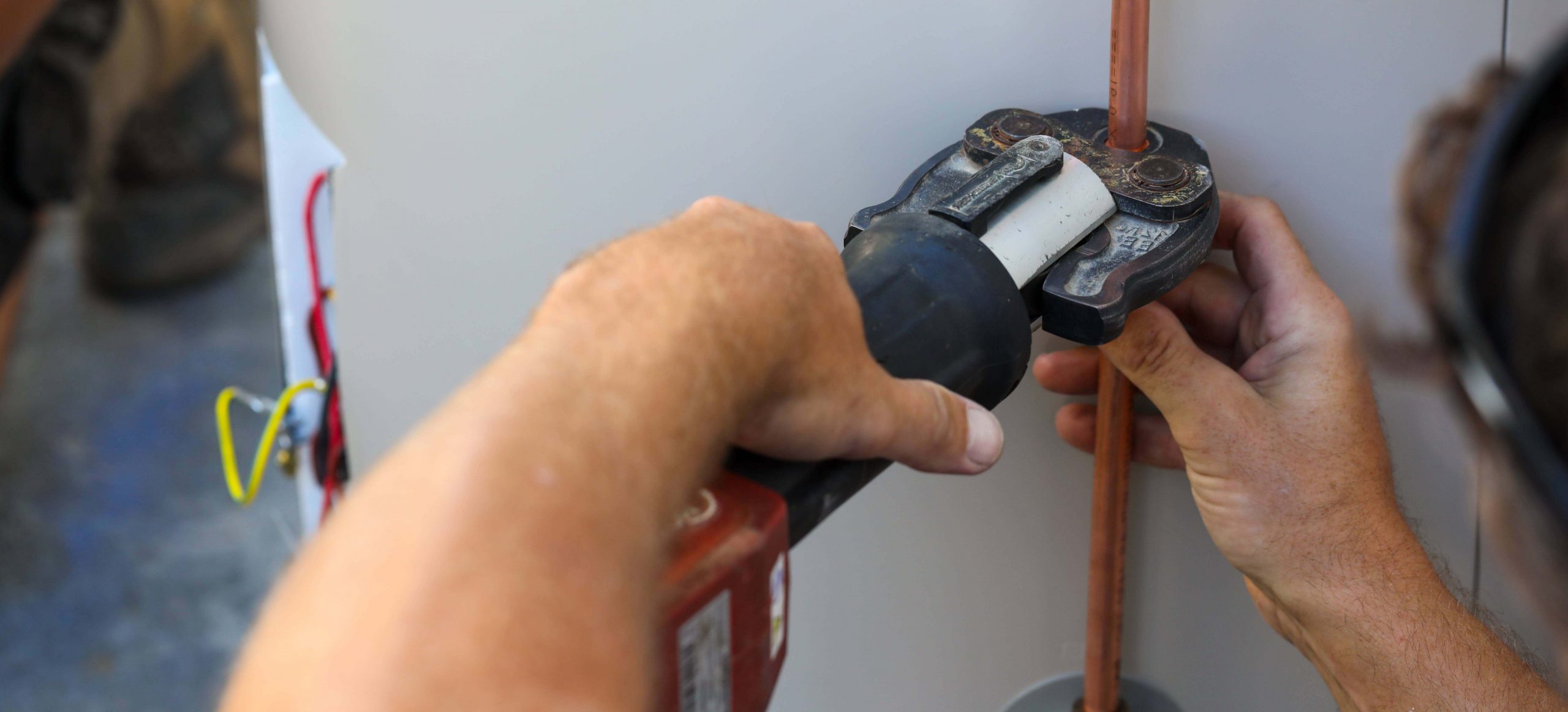Handling the Typical Water Heater Crisis Scenarios
Handling the Typical Water Heater Crisis Scenarios
Blog Article
What're your ideas about Warning Signs You Need Water Heater Repairs?

A hot water heater is one of the most crucial fundamental home appliances that can be located in a residence. With hot water heater, you don't need to experience the tension of home heating water by hand each time there is a demand to take a bath, do the laundry, or the dishes. Nevertheless, there is constantly a possibility that your water heater would certainly break down just like many mechanical devices.
It is necessary to note any kind of little breakdown and also tackle it rapidly before points leave hand. Many times, your hot water heater begins to malfunction when there is an accumulation of debris as a result of continuous use. As a preventative measure, regular flushing of your hot water heater is suggested to avoid debris buildup and also prevent practical failing.
Typical water heater emergency situations and exactly how to manage them
Inadequate hot water
Dealing with an insufficient supply of hot water can be aggravating. It might be that the water heater can't support the hot water need for your home. To handle this trouble, you might try to change your heating unit's temperature level dial and also wait for a couple of minutes. If the trouble lingers, you can ask for the aid of a professional plumber. Conversely, you could upgrade your water heater to one with a larger ability.
Rising and fall water temperature level.
Your water heater might begin producing water of various temperature levels generally ice hot or chilly hot. There may be a requirement to replace either the thermostat or the heating device of your water heating unit.
Leaking water heater container.
A dripping container could be an indicator of deterioration. It might cause damage to the flooring, wall and also electric devices around it. You can even go to danger of having your apartment swamped. In this situation, you must turn off your hot water heater, allow it to cool, and carefully search for the source of the issue. Sometimes, all you need to do is to tighten a few screws or pipeline links in cases of small leaks. If this doesn't function as well as the leakage lingers, you could require to use the solutions of a professional for an ideal substitute.
Blemished or stinky water
When this takes place, you need to understand if the concern is from the water or the tank resource. If there is no funny odor when you run cool water, after that you are particular that it is your water heating unit that is malfunctioning. The smelly water can be triggered by rust or the buildup of microorganisms or sediments in the water heater storage tank.
Conclusion
Some house owners ignore little caution and minor faults in their water heater system. This just leads to additional damages and a feasible complete breakdown of your appliance. You should deal with your hot water heater mistakes as soon as they come up to stay clear of even more costs and unneeded emergency problems.
With water heating units, you don't require to go with the stress of home heating water manually every time there is a demand to take a bath, do the washing, or the dishes. It might be that the water heating unit can't support the warm water need for your apartment. Your water heating unit can begin generating water of various temperatures normally ice scalding or chilly hot. If there is no funny odor when you run cold water, after that you are specific that it is your water heating unit that is defective. The smelly water can be triggered by corrosion or the build-up of microorganisms or sediments in the water heating system tank.
Common Water Heater Issues and What You Should Do
What Type of Water Heater Do You Have?
Before we begin it’s first important that you identify the type of water heater you have on your property. There are two main types of water heaters out there: conventional and high efficiency.
Both of these types of products typically use either gas or electricity to heat power. There are also solar water heaters that use a thermal collector on the roof or yard to heat the water.
While these models are not as common, they can cut heating costs in half. In this article, we will focus on conventional and high efficiency.
How Do My Electric and Gas Water Heater Work?
Though they look similar, electric and gas water heaters work very differently. It’s important to know their basic function because often problems can be specific to the heating source.
In the electric model, a thermostat on the side of the machine detects the temperature of the water in the tank. When the temperature needs to rise electricity flows to a heating element suspended in the water.
Gas models also use a thermostat device — typically with a mercury sensor at the tip and an additional sensor called a thermocouple. The thermocouple detects whether the pilot light is on and controls the flow of gas.
When the thermostat drops below the appropriate level gas is released which becomes ignited by the pilot light. The flame heats the bottom of the water tank which causes hot water to rise and cold water to drop.
This natural circulation continues until the water reaches the desired temperature. Then, the thermostat triggers the gas control valve to shut off the flow of gas.
What Are the Most Common Issues and How Do You Fix Them?
https://happyhiller.com/blog/common-water-heater-issues-and-what-you-should-do/

As a serious reader on Is Your Water Heater Leaking?, I think sharing that section was sensible. Sharing is nice. Helping people is fun. Thanks for your time. Come back soon.
We've got you, ring now! Report this page